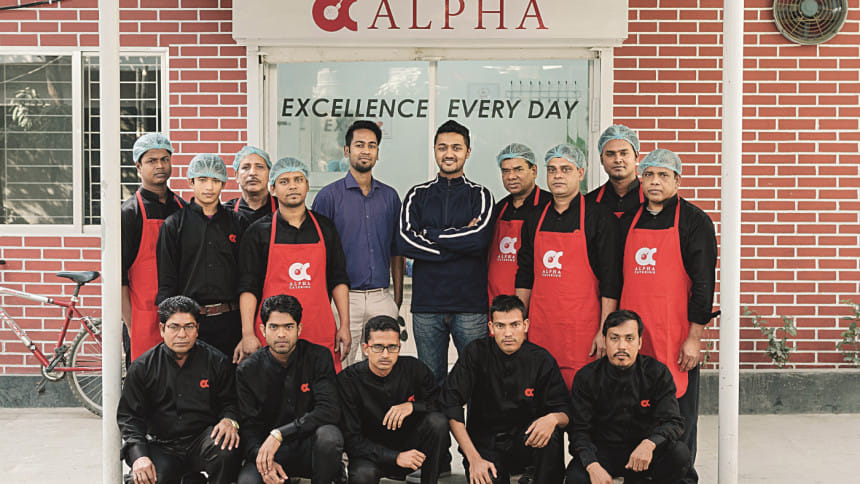How Alpha Catering turned things around

Strategic pivot from an office lunch catering business to an event catering business: Muhammed Asif Khan, CEO of Alpha Catering
What is Alpha Catering's business philosophy? Which market segment does Alpha Catering currently target?
Alpha Catering serves food for private parties, corporate and institutional events, and weddings. Our business philosophy revolves around two principles: ethics and customer satisfaction. Ethics is primary in the food business in Bangladesh, where the food industry rampantly uses subpar ingredients and foregoes hygiene protocols just for the sake of the bottom line.
We started Alpha because people deserve better than the substandard food that exposes them to health risks. Customer satisfaction is very important to us as well, because catering is all about repeat business.
How were initial expectations of profit different in reality?
We initially catered for office lunches because we thought we could easily stand out from other players by providing better quality food. We were preparing 500+ lunches daily after just a year, but profits were not rising fast enough. Our competitors kept their costs low by compromising on quality, but we simply couldn't settle for that.
At what point did you know that it was time for a change?
Perhaps the most compelling finding was that corporate and private events made up only 40% of our total revenue, but contributed to about 80% of our profits. Simply put, event catering gave much higher returns compared to costs.
Have you found workarounds for your pain points?
Most of our pain points have been solved, but we are still competing with established caterers to earn customers' trust for big events. People want to avoid risk and thus prefer caterers with decades of experience over young companies.
We're trying to work around this by bringing more to the table; we have recently launched a wide array of delectable starters and desserts with great presentation, which no other caterer in this country provides.

How is your current strategy helping the business operate better?
The daily grind of sending food to 10 different places for 500 customers was taking a mental toll. The current leaner and more streamlined process means the team is less stressed and more focused. We manage fewer resources, but generate more revenue now.
If an entrepreneur like yourself were struggling to decide between shutting the business down to minimise loss and trying a different strategy for survival, what advice would you give them?
I strongly feel that an entrepreneur should never give up unless that's the absolute last resort. I also believe no business should pivot just for the sake of pivoting.
The software company Oracle had its market cap drop by 80% four years after going for an IPO, and was on the verge of bankruptcy. But founder Larry Elisson did not give up, and Oracle is one of the most successful software firms in the world today.
It's very important to make sure decisions are based on numbers and evidence. We didn't change our primary market randomly; the decision was guided by thorough analysis of numbers and evidence.

 For all latest news, follow The Daily Star's Google News channel.
For all latest news, follow The Daily Star's Google News channel. 



Comments